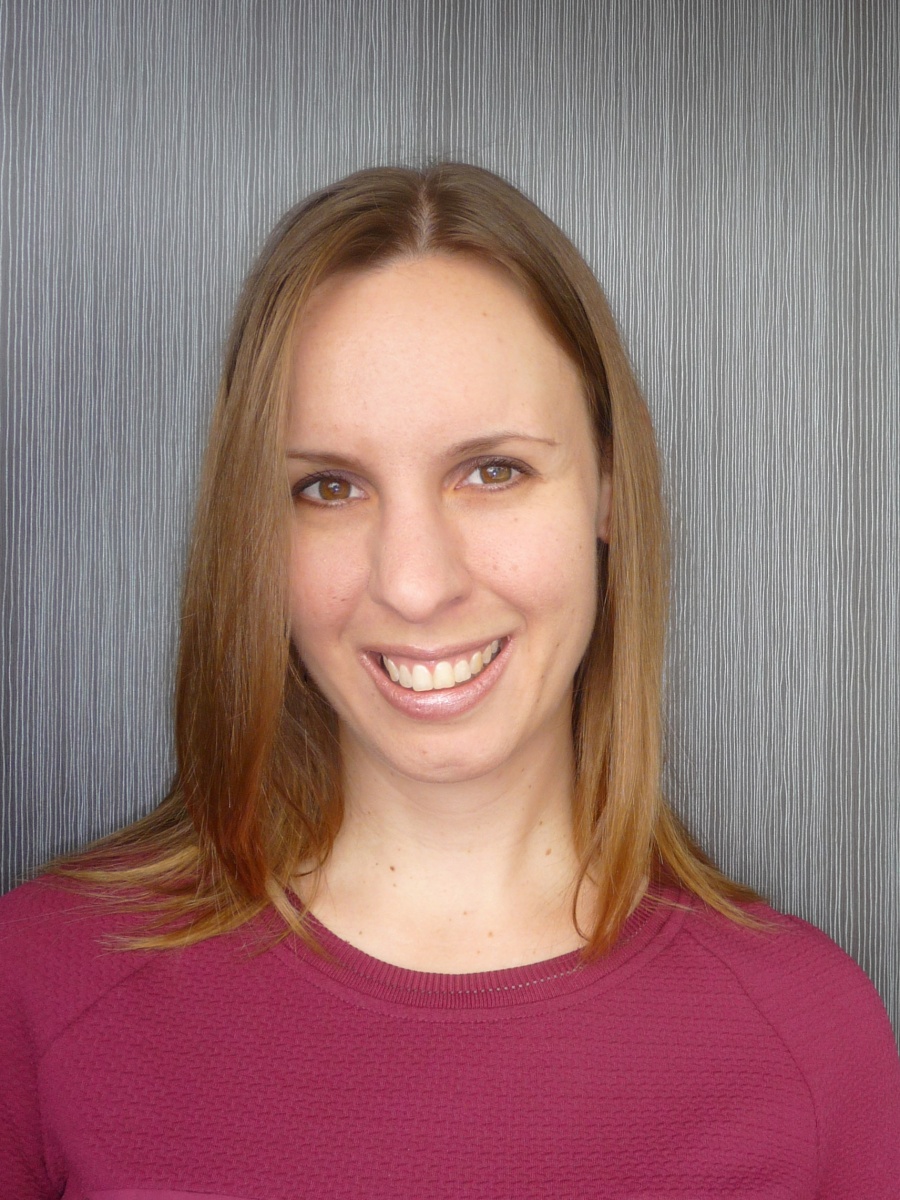Lying to your doctor: this is why it has to stop


men with cigarette
Do you smoke? How often do you eat fast food? How many sexual partners have you had in the last year? How often do you exercise?
Going to the doctor can be a confronting experience and tough questions like these can make you want to run straight back out to the waiting room to flip through magazines from 1985.
• Is your workplace good for your mental health?
• Find out how healthy you really are
• Commuters healthier than walkers, study finds
Perhaps unsurprisingly, many people aren’t honest with their GP when it comes to divulging the nitty gritty about their health.
A new survey by American digital health platform ZocDoc found 30 per cent of women and 23 per cent of men have told a little white lie or omitted information to their doctor. People were most likely to tell porkies about their diet and exercise routines and smoking habits.
Worringly, nearly half of the people surveyed turned to a loved one for health advice instead of a professional and almost one in five women preferred to confess their bad health behaviours to a hairdresser or manicurist.
The truth about lying
 Dr Liz Marles, a spokesperson for the Royal Australian College of General Practitioners, says the findings are especially relevant to the Australian context, with many people telling half-truths or straight-up lies to their GP.
Dr Liz Marles, a spokesperson for the Royal Australian College of General Practitioners, says the findings are especially relevant to the Australian context, with many people telling half-truths or straight-up lies to their GP.
The survey found the trust barrier is fuelled by embarrassment, with nearly half of the participants saying they avoid telling their doctor about a health issue because they feel awkward or are afraid of being judged.
Dr Marles says people are particularly reluctant to discuss health conditions like incontinence, depression and anxiety, and that this is often exacerbated when people don’t have a regular GP and as such may not feel comfortable sharing personal details about their health with a virtual stranger.
“It’s quite common when someone sees a doctor they don’t know well that they will suss them out a bit,” she says.
“If there’s something that’s worrying them that’s fairly personal or something where they may feel judged, they often want to get a sense of the person that they’re talking to before they divulge their information.”
Dr Marles says people will often discuss straightforward concerns for the first one or two consultations with a new doctor. Once they feel comfortable they may share the real reason for seeking medical advice.
This phenomenon – known as the ‘hidden agenda’ or ‘hidden consultation’ – is common across all medical disciplines.
However, an existing relationship with a GP can also contribute to the telling of half-truths as people don’t want to let their doctor down.
“Sometimes patients don’t want to disappoint their doctor – they know what they’re meant to be doing but haven’t done it,” says Dr Marles.

People commonly hide their smoking or drinking habits. Photo: Getty
“When you’ve told someone what they need to do, so we might have had a discussion around exercise, diet or smoking, sometimes people will play it down, but we know it’s happening because we don’t see the results that we would expect if they were actually engaging in those lifestyle changes.”
On the clock
Time is also an issue, with around one third of survey participants saying they withheld details because they didn’t have enough time during the appointment or the doctor didn’t ask enough questions.
Dr Marles says it’s difficult to cover some health issues in a 15-minute appointment – not to mention what happens if the doc is running late.
“In some instances if people find that they’ve been squeezed in and the doctor is already running late, they might not want to raise something that they feel very vulnerable about in that context.”
What’s more, clinical and health psychologist Dr Peta Stapleton says it’s harder to find the courage to tell the truth if the doctor seems distracted or bossy in a time-pressured situation.
“There’s lots of research that talks about adherence to medical advice and what helps people follow through on instructions is the dynamic between the patient and the doctor,” Dr Stapleton says.
“If a doctor doesn’t seem open or interested or if the doctor is seen in a more authoritarian light, that means some people don’t feel comfortable.”
Spit it out
It almost goes without saying that telling porkies to your GP can lead to incorrect diagnoses and treatments that negate the very reason you went to the doctor in the first place. So what’s the best way to overcome your embarrassment and time pressures and tell the truth?

Many patients sugarcoat their symptoms because they feel pressed for time. Photo: Getty
“The number one thing is forming a relationship with a GP you feel comfortable with,” says Dr Marles. “A lot of people who are young, fit and healthy figure they don’t need a GP until some day they discover they do because something happens. Establishing a relationship with a GP even when you don’t have any significant medical issues is a really good thing to do.”
Dr Stapleton says it’s important to have a good rapport with your chosen doctor: “It’s like buying a pair of shoes – you want to make sure the shoes are comfortable and fit well because you’re going to wear them for a long time. The same applies to a GP.”
And if you’re still too embarrassed to describe your health complaint verbally, she suggests writing it down or bringing a support person to your appointment who can act as your spokesperson.
Making a 30-minute appointment can also help to alleviate time constraints. “It makes a huge different to both the doctor and patient if you don’t feel like you’re under time pressure,” says Dr Marles.
And if you bring along a list of problems, be sure to give it to the doc at the beginning of your appointment.
“This way the GP can make sure they allocate the appropriate amount of time to each issue,” says Dr Marles. “Often people will tell you one problem at a time and you get to the last one and you’re going over time, but that’s the most important problem.”









